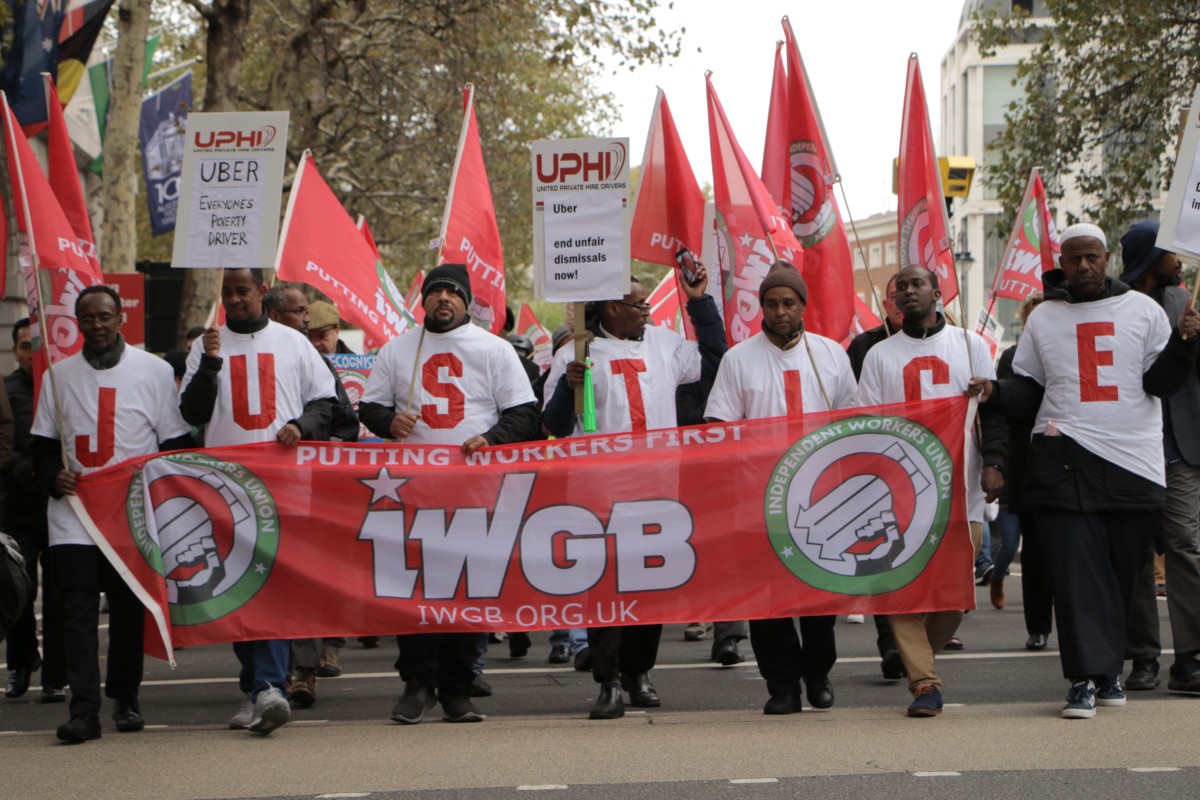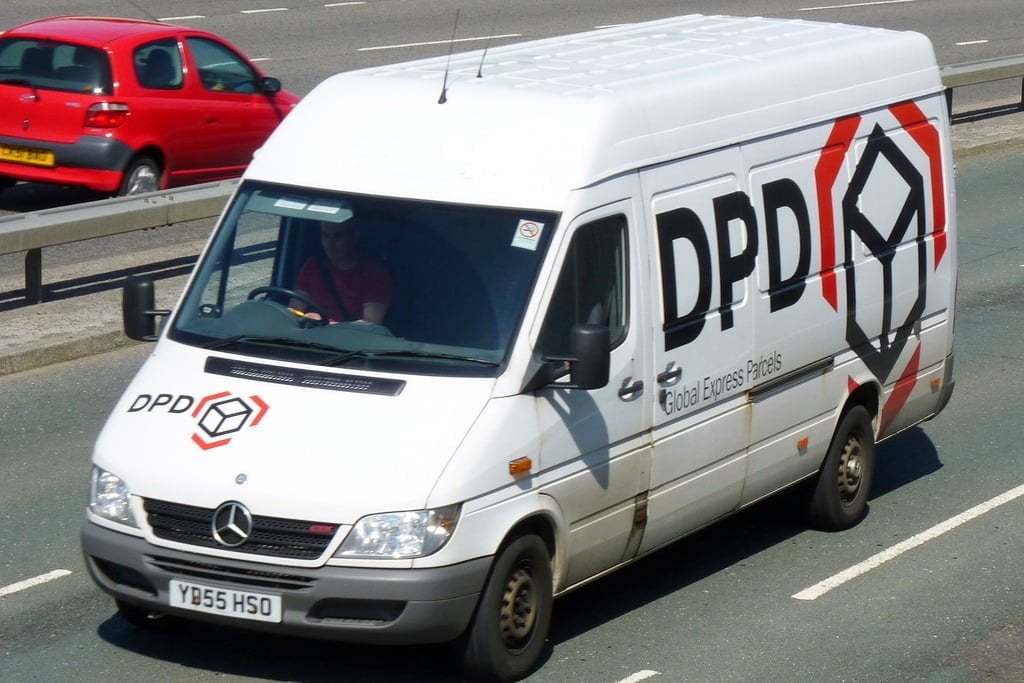The recent battle between a major logistics company and its “self-employed” drivers provides valuable lessons for the whole labour movement.
Parcel delivery firm DPD has threatened the GMB union with legal action for allegedly undermining its “own franchise agreements” with its drivers. This came about after 50 drivers at the company’s plant in Cambuslang threatened strike action over wage cuts.
The argument centred around the company’s assertion that drivers were “contractors” rather than workers, leading to the union advising them that they might personally be liable for any losses sustained by the company.
The strike had been set for “Black Friday”, in response to company plans to cut the rate drivers receive for delivering parcels. Drivers reported that they had been threatened with loss of work and, in addition, the company had reserved the right to review the rates drivers receive on a six monthly basis.
Unfortunately, faced with legal threats, the GMB withdrew its official support for the action.
Bogus self-employment
 This case illustrates a number of important issues for the GMB and the wider trade union movement.
This case illustrates a number of important issues for the GMB and the wider trade union movement.
Firstly, there is the scourge of bogus self-employment. This has been used as a means to slash workers’ terms and conditions. According to the Office for National Statistics, real wages for self-employed people have fallen by 22% in the decade since the 2008-9 crash, while the numbers of self-employed workers have risen from 3.8 million to 4.6 million in the same period.
There have been a number of disputes around this issue, including drivers with Uber and Addison Lee. There was also the important legal case of Pimlico Plumbers, run by arch right-winger Charlie Mullins, who had tried to argue that the plumbers working for him were self-employed contractors.
These cases, like the DPD dispute, reveal the real role of these bogus contracts in weakening the position of workers and – of course – filling the bosses’ pockets. In the case of DPD, this has been to the tune of £121 million. But even this is apparently not enough for them, hence the attacks on the drivers.
Whilst the GMB should seek legal advice to tear up these bogus DPD contracts and to guarantee genuine employment rights for workers, it is clear that increasingly the law is being used to try and break the power of workers. At the end of the day, these laws exist first and foremost for the bosses. They are made by the rich, for the rich.
Unions must stand up to this bullying. And they must be backed by the whole labour and trade union movement. An injury to one is an injury to all. The current silence of the TUC is not acceptable.
In the 1970s, unions responded to such attacks with mass mobilisations, forcing the establishment to back off. This is the way forward, otherwise we will see more such attacks. Weakness invites aggression.
Organise and fight
 These disputes also highlight the wider issue of precarious work within the ‘gig’ economy. In many cases workers are subject to conditions similar to those of Victorian workhouses. Today some 750,000 workers (at least) are on zero-hours contracts. Many, such as the DPD workers, seem to have no rights at all.
These disputes also highlight the wider issue of precarious work within the ‘gig’ economy. In many cases workers are subject to conditions similar to those of Victorian workhouses. Today some 750,000 workers (at least) are on zero-hours contracts. Many, such as the DPD workers, seem to have no rights at all.
Similar conditions in the past gave rise to titanic struggles on the docks, in transport, and in the gas industry. These, in turn, gave birth to mass general unions like the GMB. Dock workers, for example, went from the poverty and uncertainty of “the lump” to being some of the best organised and powerful sections of the working class.
A mass campaign of unionisation is urgently needed today to transform the lives of young and precarious workers.
Groups of young workers at restaurant chains like JD Wetherspoon and McDonald’s have shown that it is possible to fight back. One Wetherspoon worker told Socialist Appeal that the whole workforce nationally received a pay rise on the back of strikes in just two pubs.
This shows that concessions and reforms can be won, but only through militant struggle. The leaders of unions such as the GMB and Unite will come under increasing pressure to organise and defend workers. In these struggles, the unions must state clearly: it is better to break the law than break the poor.






